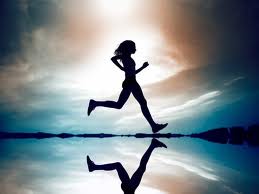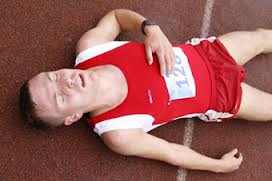It has been known for some time that exercise is healthy for you. But how do runners do on the long-term? This has been investigated in a recent study spanning 21 years from 1984 to 2003 published in the August edition of the Archives of Internal Medicine. 538 members 50 years or older of a nationwide running club were compared to a sample of 423 healthy controls. In the beginning of the study the members (all males) were 50 years or older. Disability levels were assessed with a health questionnaire and classified into a scale from 0 (no disability) to 3 (unable to perform). Death rates were also determined.The results showed that disability scores were always lower in runners (0.17) than in controls that did not run (0.36), which translated into 39% less disability. In 2003 the death rate was 34% in the controls, but only 15% in the runner group, in other words a 38% better survival of runners compared to the controls. In 2005 a further follow-up showed that the survival curve was still increasing for the runners who had now entered their eighties.
The authors of this study pointed out that length of life, health status and disability status can all be significantly improved with regular moderate exercise such as running. Other studies have suggested this as well, but none has followed this up over such a long period (21 years). Increasing healthy lifestyle behaviors will also reduce health care costs and prevent disabilities from chronic diseases.
Choose your fitness activity as reviewed here: http://nethealthbook.com/health-nutrition-and-fitness/fitness/
Reference: Arch Intern Med. 2008;168:1638-1646
Last edited November 5, 2014







